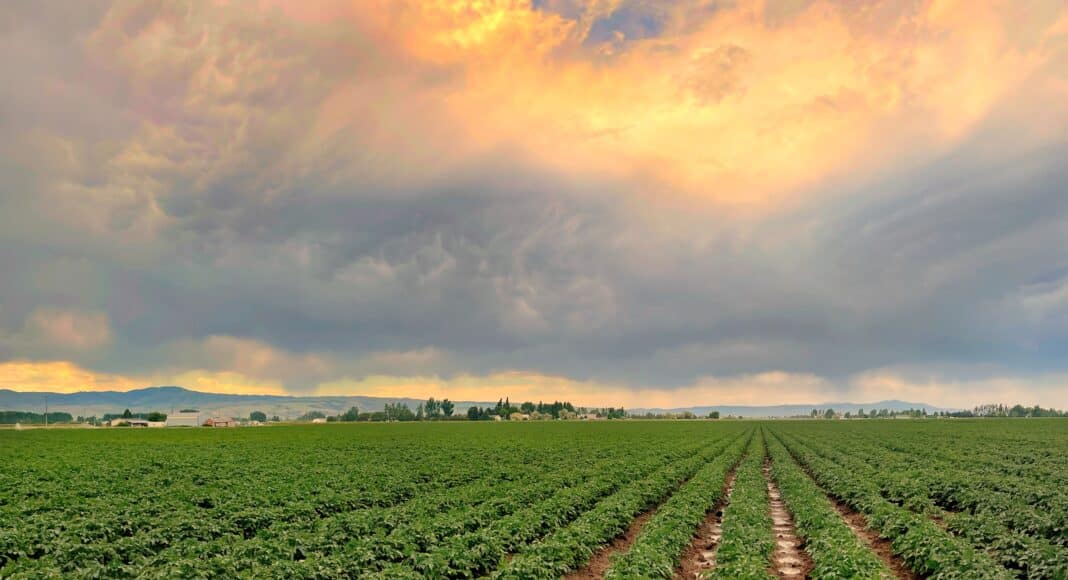Four years ago at a farm show, I happened to cross paths with a long-time, forward-thinking potato grower from Ontario named Paul. When he first strolled by our Strike Soil Fumigants booth, he had the walk of a guy who wasn’t planning to stop. But four words on our signage literally caught him mid-stride: Strike supports soil health.
Paul, it turns out, was (and still is) passionate about sustainability. On top of ogling the latest and greatest in equipment, he was at the farm show primarily to chat with experts and fellow growers about cover cropping and soil health. He’d planned to walk past our booth because, as he said at the time, “The last thing I want is to sterilize my soil.”
We talked for an hour about how chloropicrin (the active ingredient in Strike) doesn’t sterilize the soil. In fact, it’s exactly the opposite. It very selectively manages some of the potato industry’s biggest marketable yield robbers — common scab, verticillium and early die complex — while simultaneously bolstering the population of beneficial microorganisms in the soil. Essentially, it suppresses the bad while nurturing the good.
Fast forward four years and, well, let’s let Paul’s results speak for themselves:
A 20+ year veteran of the fresh market industry, Paul has typically achieved average to good yields in the past. After fumigating with Strike, he doubled his average marketable yield. Let me just say that again because the impact is worthy of repeating: after fumigating with Strike, Paul doubled his typical marketable yield.
Since everyone’s land, management strategies, inputs, etc. produce differing results, I don’t want to set reader’s expectations by attaching hard numbers to his production. However, at the prices Paul was getting for fresh market potatoes, he only needed to sell ten cwt to pay for the Strike treatment. Paul doubled his marketable yield. The improved marketable yield paid back his investment in Strike multiple times over.
Paul says his main reason for considering Strike came down to feeling like he was knocking into the same glass ceiling over and over. Despite the costs of all inputs going up exponentially, he saw that the price he was getting for his potatoes hadn’t changed much from the day he started farming 25 years ago and likely won’t looking forward. Therefore, his only option to build a sustainable, viable business, he says, was to increase marketable yield.
Strike is a key part of a management system but requires a commitment to a soil preparation and crop production plan to maximize the benefits. In next month’s column, I’ll explain the system Paul used to achieve such excellent results.








